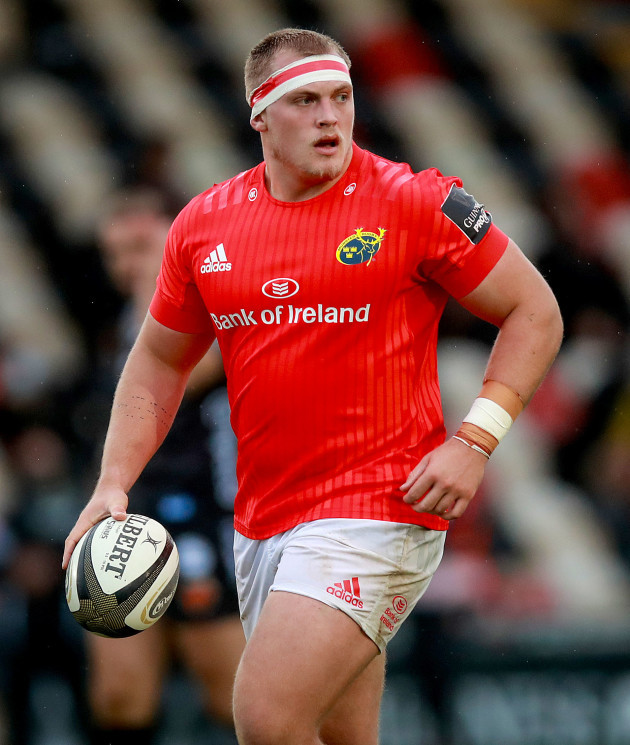LAST UPDATE | 2 Dec 2020
EDDIE JONES WAS never going to be able to resist having a go at Ireland including five players who had qualified under the three-year residency rule in their starting XV to face his England team recently.
“The United Nations” was the tag Jones slapped on Andy Farrell’s Ireland side, which included James Lowe, Jamison Gibson-Park, CJ Stander, Quinn Roux, and Bundee Aki.
Some pointed out that this quintet of players was actually a sign of strong scouting work by the IRFU and its provinces, but others bemoaned Ireland’s use of the residency rule to sign ‘project players’ from abroad with the national team in mind.
With Agustín Pichot leading the change, World Rugby made a move to remedy this situation back in 2017 when they announced a new five-year residency rule in order to ensure players have “a genuine, close, credible and established link with the nation of representation.”
While the implementation of the five-year requirement has been pushed out until 2021, it does change the picture for unions like the IRFU who had taken advantage of the three-year regulation.
It means this avenue for bringing players into the Ireland mix is now much more difficult for the union, as confirmed by performance director David Nucifora.
“Firstly, it wasn’t an issue,” said Nucifora. “You only have to look back at our statistics of the number of players that have qualified through residency over the years to see how very low it is in the overall players we’ve used.
“Going forward, you wouldn’t anticipate that it will be something that will be as common around the world. We’re not the only ones that fall into that category whilst they were the rules.
“You’d think it’s going to be more unlikely that players would qualify after serving a five-year qualification going forward.
“In saying that, the provinces will still look to bring in some foreign players. Some of them could possibly be here for five years and become eligible but there’s certainly no plan to follow that as a strategy.”
Munster’s 21-year-old South African prop Keynan Knox qualifies to play for Ireland this month but obviously has plenty of development still ahead of him, while the province’s recent signing from Leinster, Roman Salanoa, the 23-year-old Hawaiian tighthead, is another potential future Ireland prospect.
Nucifora stressed that the IRFU is happy its player pathway in Ireland is in good working order but highlighted the need to continue to look at strands outside the well-worn routes.
“I think we’re always looking at ways to expand our talent pool, you know, the encouraging of the game to look further and wider,” said Nucifora.
“To look into the non-established areas of rugby around the country, where there are many other athletes that are able to play the game, to be able to give them access to the game at different points in time.
“The utilisation of sevens rugby to get into schools that don’t play rugby as a fixed sport is an opportunity for us to expand the game. So that’s an obvious way for players who aren’t familiar with the 15-a-side game to join the game.
“As we start to create competition structures within both the men’s and the women’s game, then that gives people access that builds our talent pool and from the talent pool, we would have the required ability in high performance to be able to bring more talent through.
“So that’s definitely one avenue and as you’re aware we have worked very hard on our IQ Rugby as well. There are many Irish-qualified players both in the UK and other parts of the world that we’re looking at as well. So we have to do whatever’s at our disposal to continue to build competition and depth.
“Everywhere that people have the appetite to be able to play the game – the responsibility is on the IRFU and the provinces to be able to create competitions that give people access to the game and that’s certainly our ambition going forward.”
- This article was updated at 10.04am on 3 December to correct ‘resideny’ to ‘residency’ in the sub-heading.


